An industrial humidifier is a device designed to increase humidity levels in large spaces or industrial settings. This appliance has a critical role in maintaining a balanced indoor environment. The primary function of an industrial humidifier is to introduce water vapor into the air, thereby raising the humidity levels to a comfortable and healthy range.
Types and uses of industrial humidifiers
There are various types of industrial humidifiers, each with unique operational mechanics and benefits. A commonly used type is the industrial ultrasonic humidifier, which uses ultrasonic vibrations to create a cool mist that increases humidity levels. Another popular type is the industrial steam humidifier. This equipment heats water to boiling point, then releases the resulting steam into the air to raise humidity levels. Determining the right type depends on the specific requirements of the industrial environment, such as the size of the space and the level of humidity control needed.
Industrial humidification finds application in various sectors, including manufacturing, agriculture, healthcare, and data centers. In manufacturing, appropriate humidity levels are crucial to prevent static electricity build-up, which could damage electrical components. In agriculture, maintaining optimal humidity ensures the healthy growth of crops in greenhouses. Hospitals and healthcare facilities use industrial humidifiers to create a comfortable environment for patients and to prevent the spread of airborne diseases. Data centers use industrial humidification systems to protect sensitive equipment from static electricity and overheating.
Features and materials of industrial humidifiers
Industrial humidifiers come with an array of features designed to enhance their functionality and ease of use. Many models come with an automatic shut-off feature when the desired humidity level is reached or when the water tank is empty. Some advanced models have a built-in hygrometer for accurate industrial humidity control. Moreover, many industrial humidifiers have easy-to-clean components, ensuring their longevity and optimal performance.
Industrial humidifiers are typically made from durable materials to withstand the rigors of industrial use. Commonly used materials include stainless steel, plastic, and ceramics. Stainless steel is preferred for its strength and resistance to corrosion, making it suitable for industrial size humidifier models. Plastic is lightweight and cost-effective, while ceramics are used in specific components like the transducer in ultrasonic humidifiers.
Advantages of industrial humidifiers
Using an industrial humidifier has numerous advantages. It helps maintain an optimal humidity level, which is crucial for the health and comfort of employees in industrial settings. It also protects machinery and products from the harmful effects of overly dry air, such as static electricity and material degradation. Additionally, the use of industrial humidifiers can lead to energy savings, as humidified air feels warmer, reducing the need for heating. An industrial humidifier plays a critical role in various industries by maintaining an optimal humidity level. Choosing the right type and understanding its features and advantages will provide an outcome for a specific industrial setting.





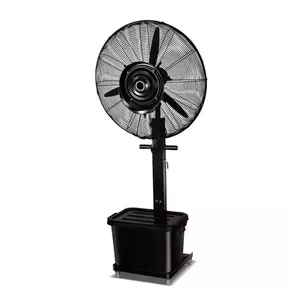


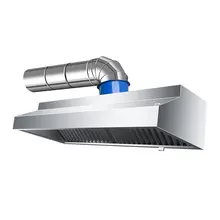
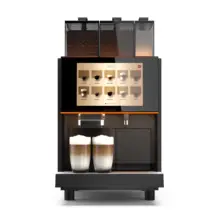
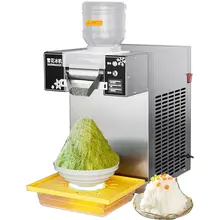









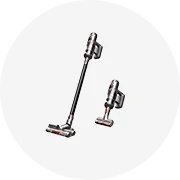



















 浙公网安备 33010002000092号
浙公网安备 33010002000092号 浙B2-20120091-4
浙B2-20120091-4